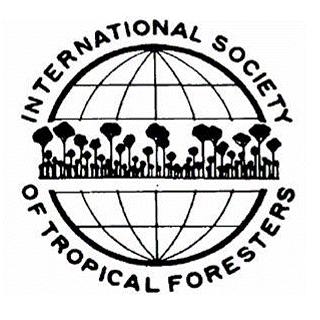Enhancing capacities for effective ecosystem restoration throughout the decade and beyond
Among the five Task Forces established to achieve the vision of the United Nations Decade on Ecosystem Restoration (UN Decade), the Task Force on Best Practices is a collaborative effort of currently 450 members from 180 organizations, focused on capacity development and knowledge dissemination activities under the leadership of the Food and Agriculture Organization of the United Nations (FAO). We invite ISTF members to become engaged in Task Force activities as described below and offer your expertise.
The Task Force on Best Practices, the Society for Ecological Restoration (SER) and the International Union for Conservation of Nature Commission on Ecosystem Management (IUCN-CEM) partnered to draft ten guiding principles for achieving the highest level of recovery possible through restoration projects, in collaboration with the Center for International Forestry Research and World Agroforestry (CIFOR-ICRAF), EcoHealth Network, the United Nations Environment Programme (UNEP) and the World Wide Fund for Nature (WWF). To provide detailed guidance on the application of the principles and following the same participatory approach, the partnership continued to coordinate the development of Standards of practice to guide ecosystem restoration, co- produced with support of 33 authors from 25 organizations, as well as inputs and feedback from over 400 restoration experts from all continents. Currently, the Task Force is working on the development
of a supporting tool and e-learning course to facilitate the broad adoption of the Standards of practice.

To facilitate knowledge sharing among practitioners, the Task Force developed a framework for the dissemination of good practices for ecosystem restoration. Embedded in the Framework for Ecosystem Restoration Monitoring (FERM), it allows for the documentation of good practices from restoration initiatives previously registered in the FERM and includes a common search engine to link and facilitate access to good practices collected from various allied platforms including GoProFor, Panorama Solutions and WOCAT, besides the FERM. We encourage ISTF members to contribute good practices to the FERM database and to serve as reviewers.
The Task Force also conducted a global capacity needs assessment for restoration and prepared a Capacity, Knowledge and Learning Action Plan for the UN Decade.This action plan proposes eight key capacity- and knowledge-development initiatives to address capacity gaps of different stakeholder groups according to the results of the global capacity needs assessment, a stock-taking of knowledge products and capacity development initiatives, and targeted consultations. The Task Force will undertake efforts to establish partnerships and mobilize resources in order to enable the implementation of the eight initiatives from 2023-2030.
The six initiatives under current implementation are:
- Initiative 1: Ecosystem restoration professional education and learning platform
(click here to learn how to contribute to this initiative) - Initiative 2: Ecosystem restoration youth education and learning platform
- Initiative 3: Community-based ecosystem restoration mechanism
- Initiative 4: Indigenous Peoples’ restoration approaches initiative
- Initiative 5: Exploring pluralistic extension advisory services
- Initiative 6: Restoration policy facility
If you are interested in becoming a member of the Task Force on Best Practices to support any of the activities and capacity development initiatives described above, or for any related question, kindly contact either of the following FAO focal points and facilitators of the Task Force:
Andrea Romero – Andrea.RomeroMontoya@fao.org and
Cristiane Sater Melnik – Cristiane.SaterMelnik@fao.org
Authors: Christophe Besacier (FAO), Robin Chazdon (Forestoration International), Cristiane Sater Melnik (FAO), Andrea Romero (FAO).
